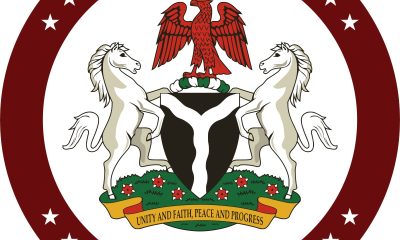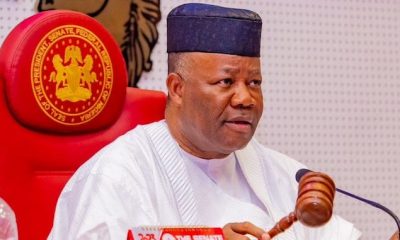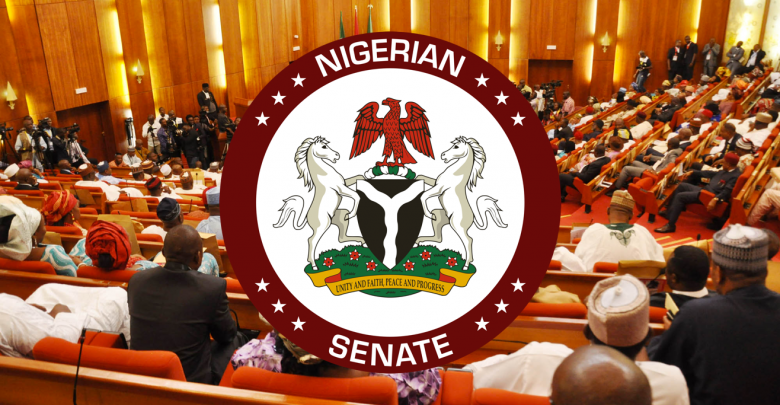Stakeholders in the oil and gas industry have underscored drawbacks to the Petroleum Industry Governance Bill, PIGB, passed in parts by the Senate on 25 of May, 2017
According to the stakeholders who spoke at a Breakfast Lecture entitled ‘Petroleum Industry Bill: Challenges and Opportunities,’ organised by the Island Club, Onikan, Lagos, however, offered hope for opportunities for prosperity to all participants in the industry.
Delivering a lecture entitled: “The Petroleum Industry Bill- Opportunities and Challenges,” Chief Anthony Idigbe, SAN said that the PIGB has obvious drawbacks.
“For instance, we know that one of the major challenges facing the Nigerian petroleum industry is host community and Niger Delta issues. Until the recent peace diplomacy to the oil region by the Acting President, Yemi Osinbajo, the militant attacks in the Niger Delta led to significant amounts of shut-in production at onshore and shallow offshore fields and frequent declaration of force majeure by oil and gas companies in Nigeria,” the legal luminary said.
Therefore, Idigbe, continued, it is important that any legislation to address the challenges in the Nigerian oil and gas industry must make provisions on how to effectively address the Petroleum Host community issues,” he said.
Similarly, he added that the non-inclusion of the Petroleum Fiscal Regimes aspect of the Petroleum Industry Bill (PIB) may mean that investors will continue to adopt a wait and see attitude, refraining from making any new major investment decision in Nigeria.
ALSO SEE: Kachikwu, Baru may be fired
Mr. Tunde Folawiyo, CEO of Yinka Folawiyo Petroleum Company who delivered another lecture said: “When the BPE holds 49 percent of an asset we all know what that means. It means we are preparing for another public ownership. BPE is not set up to own assets; it was set up to privatise public assets.”
According to Folawiyo, there is “nothing in the proposal that has a provision to reduce gas flaring which is one of the major challenges the country is facing. It will not also be subject to procurement Act. This appears counterproductive. Accountability and transparency will suffer for this.
Represented by Head, Energy Desk of Wema Bank, Segun Oderinde, the CEO of the bank, Segun Olaketuyi, stated that PIGB is to ensure that producers must key their supply obligations on gas. This is an opportunity because over 28 percent of banking sector loans portfolio was devoted to the oil and gas sector,” he said.
His view was corroborated by the Chairman, of the Island Club, Mr. Banji Oladapo, who maintained that members of Island club are already working round-the-clock to take full advantage of the opportunities inherent in the PIGB.
Those who spoke at the lecture included the Chief Executive Officer, CEO, Yinka Folawiyo Petroleum Company Limited, Mr. Tunde Folawiyo; CEO, Wema Bank Plc, Mr. Segun Oloketuyi; legal luminary and Lead Partner, Legal Advisory Partnership, Anthony Idigbe, SAN; and President, Business School, Netherlands, Mr. Lere Baale.

 Entertainment5 days ago
Entertainment5 days ago
 Health1 week ago
Health1 week ago
 Health4 days ago
Health4 days ago
 Football1 week ago
Football1 week ago
 Football1 week ago
Football1 week ago
 Crime4 days ago
Crime4 days ago
 Education6 days ago
Education6 days ago
 Crime1 week ago
Crime1 week ago









